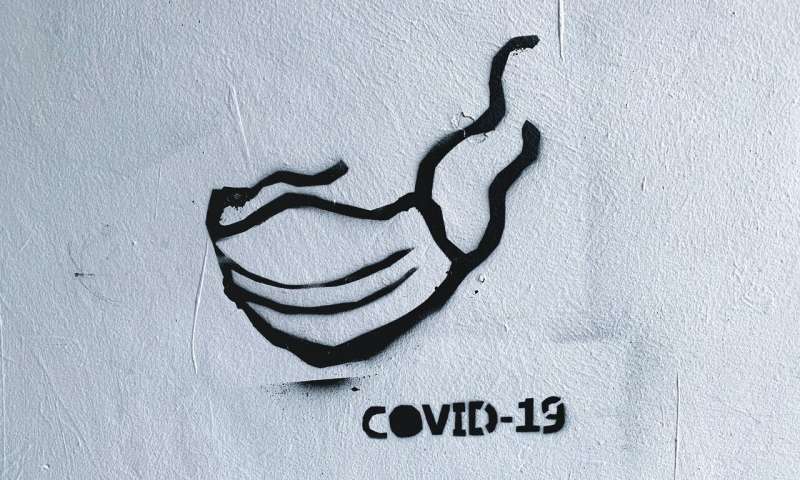
The Fijian capital Suva entered a 14-day lockdown Monday as the Pacific island nation battled to contain a COVID-19 spike following a “superspreader” funeral event.
Around 100,000 people in the city must stay in containment zones and non-essential businesses are shuttered after the first community coronavirus cases in 12 months were detected.
A soldier contracted the virus at a quarantine facility and is believed to have transmitted it to a maid, who then exposed up to 500 people at a funeral.
The permanent secretary for health and medical services, James Fong, said four new cases emerged over the weekend.
“Three of the cases involved persons who attended the funeral that we have identified as a superspreader event, including a husband and wife who circulated through the community,” Fong said.
It is not clear how the fourth person, a woman from the outskirts of Suva, became infected.
“She and her husband have been placed in quarantine, but prudence requires us to treat this case as a possible community transmission,” Fong said.
“Because we cannot yet pin down the movements of these people and identify all their contacts, we are forced to take strict precautionary measures.”
Fiji has largely contained the virus through strict isolation measures and border controls, recording fewer than 100 cases and just two deaths in a population of 930,000.
The emergence of community transmission is a blow for Fiji’s hopes of opening quarantine-free travel bubbles with Australia and New Zealand, the source of most of its international visitors.
Fiji’s economy is heavily dependent on tourism, which has all but evaporated during the pandemic.
Monthly visitor numbers were down up to 99 percent from pre-pandemic levels, according to government statistics.
Australia and New Zealand opened a trans-Tasman bubble a week ago allowing quarantine-free travel between the two countries—although New Zealand has since suspended contact with Western Australia due to a COVID-19 outbreak in Perth.

